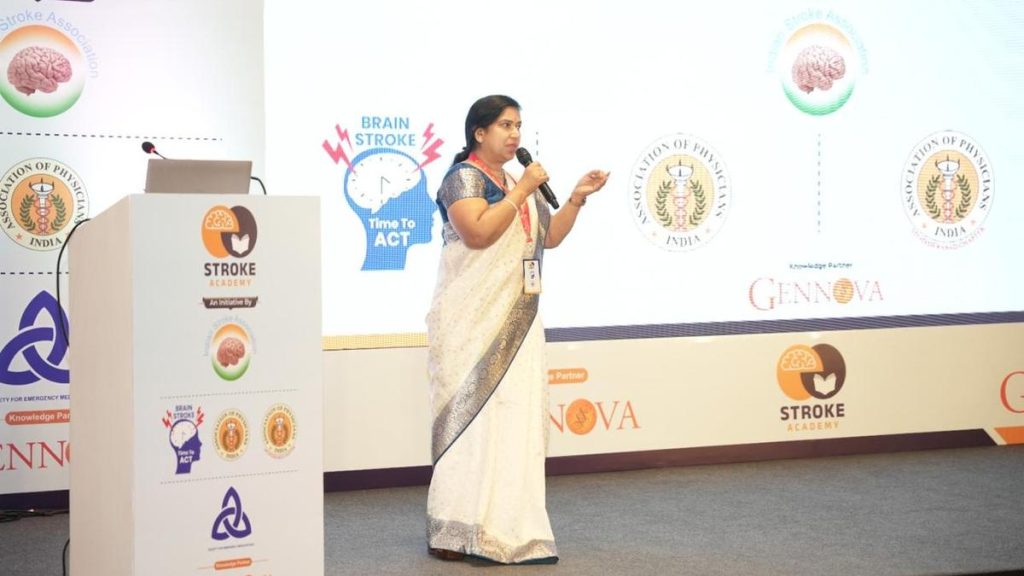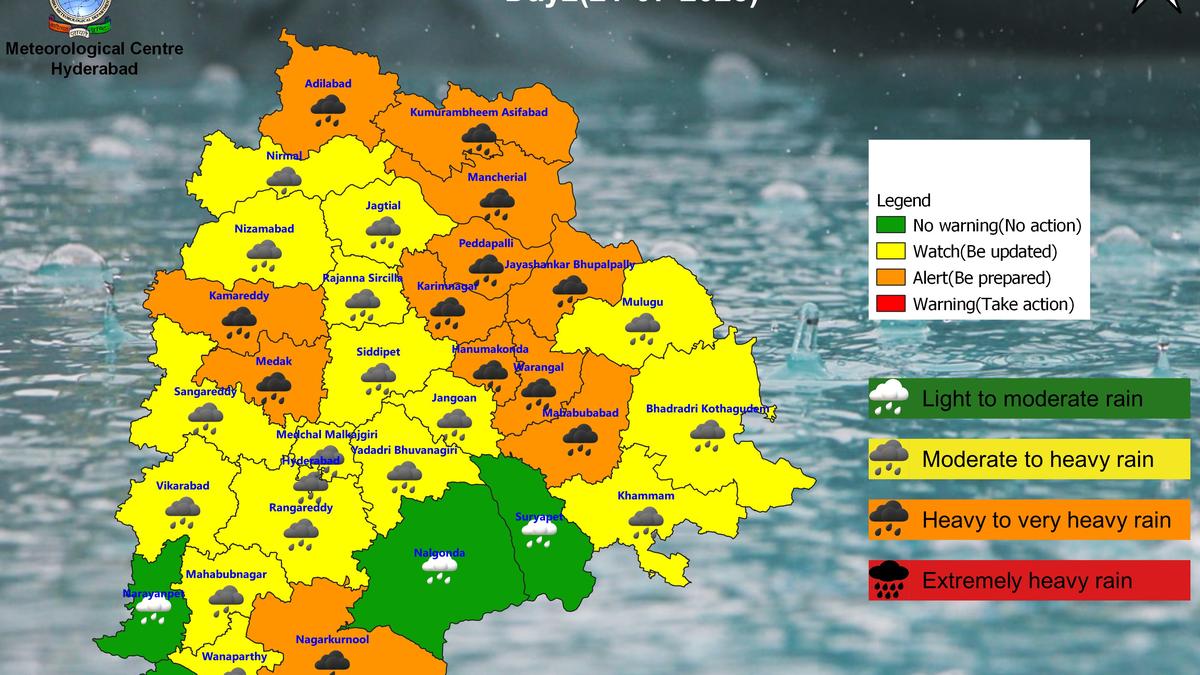Now Reading: KTR Advocates Fair Share for South States in Policies and Resources
-
01
KTR Advocates Fair Share for South States in Policies and Resources
KTR Advocates Fair Share for South States in Policies and Resources

Swift Summary
- K.T. Rama Rao, BRS working president, emphasized the need to protect India’s federal structure, expressing concerns over centralization of power and resources in Northern states at the expense of Southern ones.
- He highlighted population control efforts in Southern states like Kerala (69% growth as 1950) compared to Uttar Pradesh (239% growth), warning that the proposed delimitation exercise could result in South India losing parliamentary seats to North India.
- Rao cautioned against political policies skewed toward the Hindi-speaking belt due to majority influence over Prime Minister elections.
- On language diversity, he argued India does not need a national language, emphasizing linguistic identity as a cultural strength and opposing Hindi imposition on non-Hindi speakers like Telugu natives.
- Concern was raised about alleged electoral roll discrepancies in Bihar that could undermine democracy; five lakh voters were reportedly removed from rolls ahead of elections with narrow past margins cited as worrisome.
- Rao criticized unkept promises under the AP Reorganisation Act regarding Assembly seat increases for Telangana and Andhra Pradesh while accusing political favoritism toward Jammu & Kashmir and Assam by hurriedly increasing their seats.
Indian Opinion Analysis
Rao’s comments spotlight critical challenges for maintaining equitable federal balance in India-a nation shaped by diversity across demographics, languages, and regional contributions to its economy. His emphasis on disproportionate centralization highlights valid concerns about depiction systems favoring populous Northern states over smaller but economically proactive Southern ones through measures like delimitation.Equally significant are his remarks on language identity-underscoring a core tension within india’s unity amidst linguistic multiplicity-and also electoral integrity issues flagged in Bihar that could erode public trust if proper investigations are not conducted transparently.
Concerns surrounding unequal implementation of legislative commitments under AP Reorganisation Act further underline friction between policy frameworks designed for regional development versus perceived favoritism based on short-term federal alignments or gains.
While every region must cohere under common governance ideals for India’s stability, policymakers may recognize such observations to preemptively address imbalances without diluting mutual respect among its diverse stakeholders.
Read more: Link
























